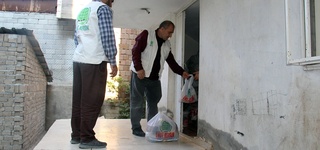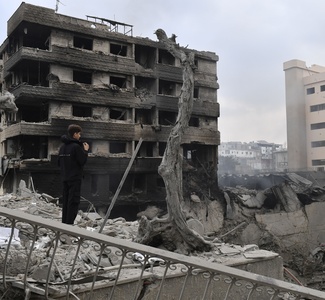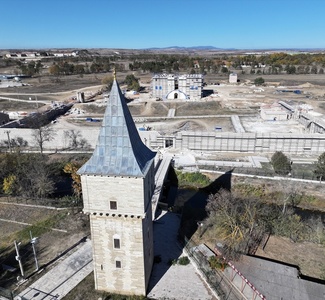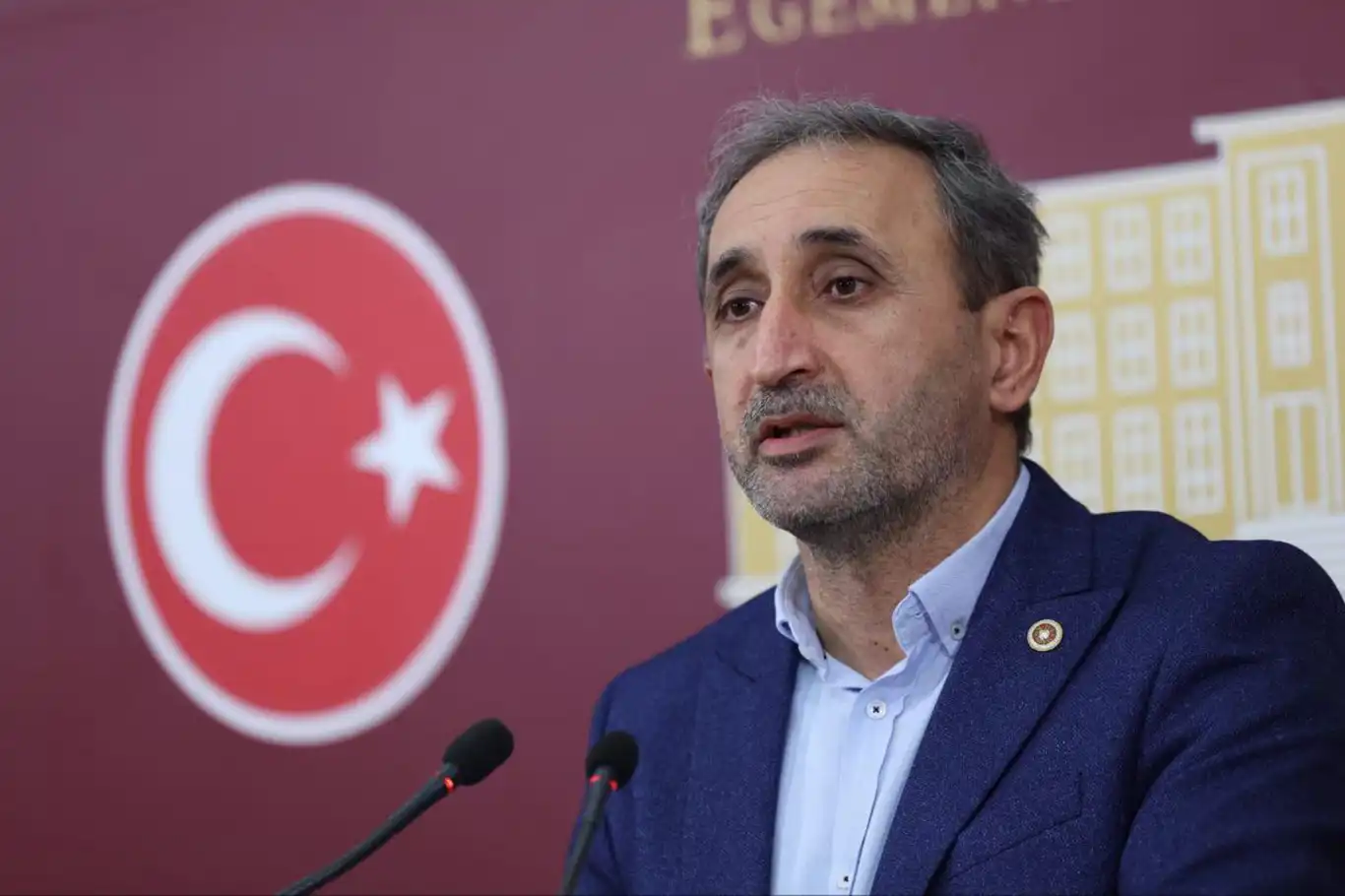Study reveals over 1 million U.S. overdose deaths since 2000
A new study by the RAND Corporation has revealed the extensive impact of drug overdose deaths on the American population.
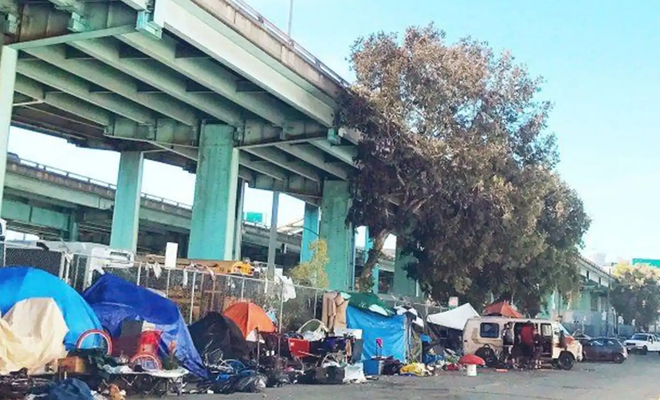
 Google News'te Doğruhaber'e abone olun.
Google News'te Doğruhaber'e abone olun. Since 2000, 1.1 million people have fatally overdosed in the United States, and according to the survey, 42 percent of U.S. adults—approximately 125 million Americans—report knowing someone who has died from a drug overdose.
The study, published this week in the American Journal of Public Health, highlights the profound and widespread suffering caused by overdose deaths. Lead author Alison Athey, a clinical psychologist and suicide prevention expert, emphasized the urgent need to address the ripple effects of these deaths within communities. Athey pointed out that overdose bereavement is often neglected in both scientific literature and public discourse.
This neglect, Athey noted, stems from the well-intentioned focus on saving lives but is compounded by the stigma against overdose victims and a lack of resources for survivors dealing with complex grief. The study calls for a more comprehensive approach to support those affected by overdose deaths.
The survey also found that overdose loss is not evenly distributed across the U.S. People in New England and parts of the Deep South, as well as those in densely populated areas, were more likely to know someone who died from substance use-related causes. These regions have been particularly hard-hit by the overdose crisis. Additionally, U.S.-born individuals reported higher incidences of knowing someone who died from an overdose compared to immigrants.
Overdose deaths have been steadily increasing, with more than 106,000 fatal overdoses recorded in 2022 alone. Athey highlighted the potential parallels between those who know someone who died by suicide and those connected to overdose deaths, suggesting that further research is needed to understand the risks involved.
In the meantime, Athey urged policymakers and healthcare providers to expand their efforts to reach individuals struggling with overdose bereavement. “We’re getting to the point in the overdose crisis where we need to think more creatively and more expansively,” Athey said. “There’s this huge gap that needs to be addressed from all sides.”
The study serves as a critical call to action, emphasizing the need for a holistic approach to tackling the overdose crisis and supporting those left in its wake. (ILKHA)































